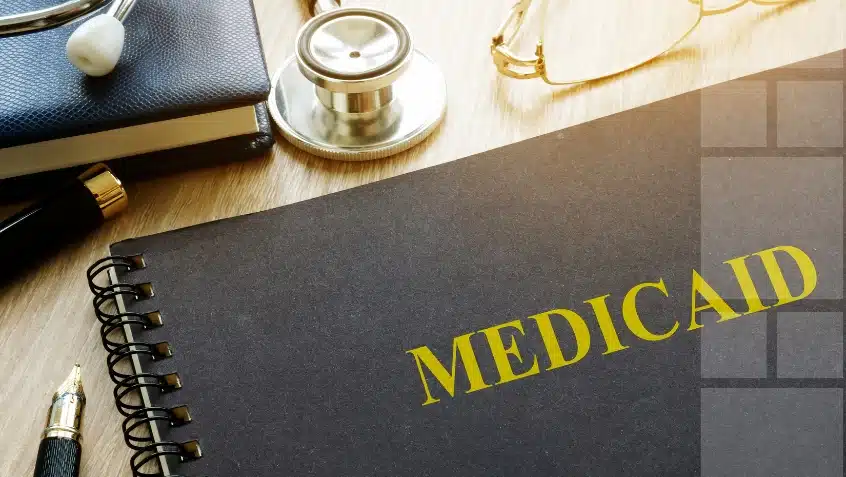The Kaiser Family Foundation recently released a report detailing how financially secure or insecure Medicare beneficiaries were in 2019. Consistent with previous years, the report shows that any stereotype of baby boomers as uniformly affluent is deeply misguided. Instead, half of people with Medicare have incomes below $29,650 and one in four live on less than $17,000. Savings rates are similarly dire. Half of Medicare beneficiaries have below $73,000 in resources, one in four has less than $8,300, and about 1 in 9 has no savings or is in debt. They also face significant out-of-pocket health care expenses in absolute terms and as a percentage of their income.










